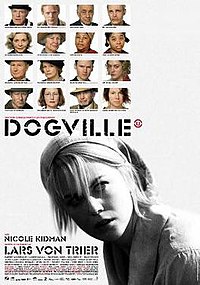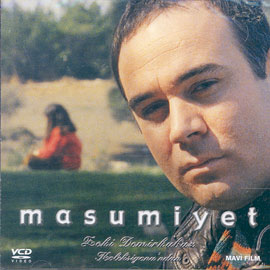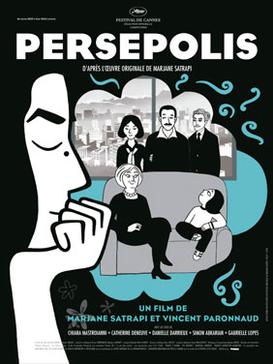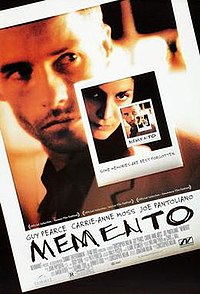Lists
















81 Books, 26 Authors
The Selection: Bibliopole
Sort by:
Recent Desc
More lists by Ece Yılmaz



The Selection: Asia
List includes: Memories of Murder, The Chaser, A Tale of Two Sisters
March 2022
2
@eceyilmaz3



The Selection: Arthouse/Experimental
List includes: Dogville, Psycho, Strangers on a Train
March 2022
2
@eceyilmaz3



The Selection: West
List includes: The 13th Warrior, Little Miss Sunshine, Everything Is Illuminated
March 2022
0
@eceyilmaz3



The Selection: Turkey
List includes: Gemide, Destiny, masumiyet
March 2022
2
@eceyilmaz3



The Selection: Iran
* writing in movement *
March 2022
2
@eceyilmaz3


The Selection: Anime
List includes: Cowboy Bebop, Hellsing, Avatar: The Last Airbender
February 2022
0
@eceyilmaz3



The Selection: East
List includes: Caramel, Wadjda, Where Do We Go Now?
February 2022
1
@eceyilmaz3



The Selection: Weeb
List includes: Spirited Away, byôsoku 5 senchimêtoru, Mulan
February 2022
1
@eceyilmaz3



The Selection: Timeless
List includes: Reservoir Dogs, Se7en, Memento
February 2022
0
@eceyilmaz3